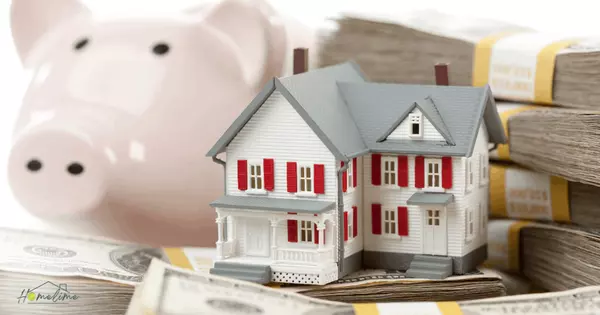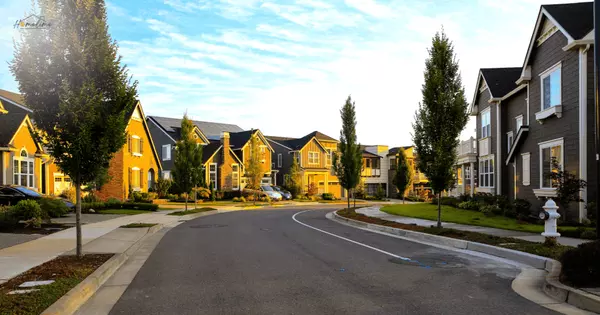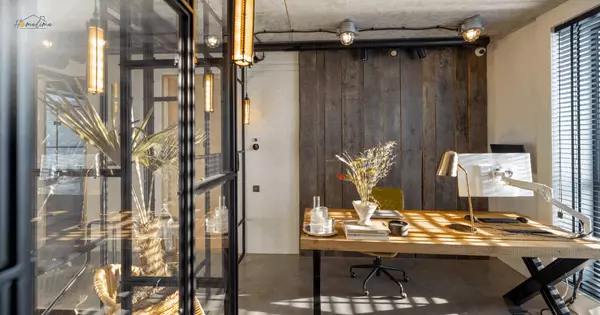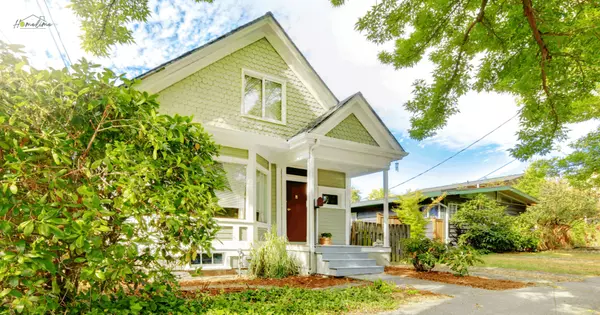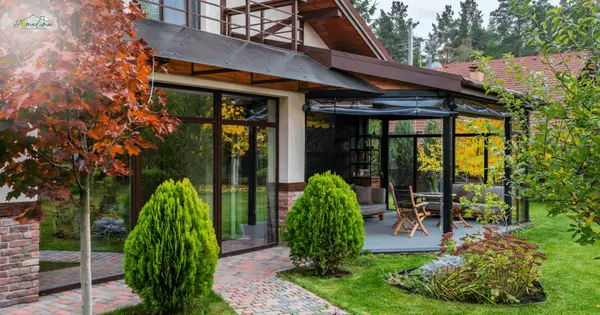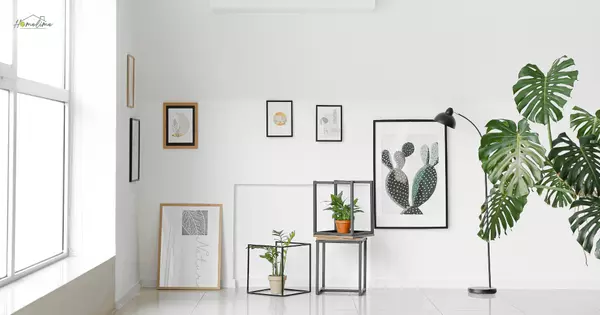How to Determine Your Home Buying Budget
Determining a home buying budget requires careful planning. Start by assessing your income, savings, and existing debts. Lenders use a debt-to-income ratio to estimate how much you can borrow, but you should also consider your comfort level. Factor in additional expenses like property taxes, homeowners insurance, and maintenance costs. A higher down payment can reduce your loan amount and eliminate private mortgage insurance. It’s important to get pre-approved for a mortgage to understand your financial limits. Avoid stretching your budget too far, as unexpected costs can arise after moving in. Consider future financial goals, such as retirement savings or emergency funds. Compare different loan types to find the best fit for your situation. A clear budget helps you make a confident and informed home purchase.
Monthly mortgage payments are only part of the cost of homeownership. Utility bills, homeowners association fees, and repair costs should be included in your calculations. Unexpected repairs, such as plumbing issues or roof damage, can add up quickly. It’s helpful to create a separate savings fund for home-related expenses. Moving costs and furnishing a new home can also affect your budget. Interest rates play a significant role in affordability, so research different lenders. A lower interest rate can save you thousands over the life of your loan. Fixed-rate and adjustable-rate mortgages have different benefits, so choose wisely. Consult a financial advisor if you’re unsure how much you can afford. A well-planned budget keeps homeownership financially manageable.
Many buyers make the mistake of focusing only on the price of the home. It’s important to look at the total cost over time. Consider how long you plan to stay in the home and whether it fits your long-term needs. If you plan to move in a few years, a lower-cost home may be a better choice. Buying at the top of your budget can make it harder to handle future financial changes. Be honest about your spending habits and lifestyle to avoid financial strain. A home should be a comfortable investment, not a source of stress. Leaving room in your budget for unexpected costs helps prevent financial hardship. Set priorities for must-have features versus optional upgrades. A thoughtful budget ensures a smooth and stable home buying experience.
Sticking to a budget requires discipline and planning. Tracking expenses before and after buying a home helps maintain financial stability. Avoid taking on new debts, such as car loans or large credit card purchases, before closing on a home. Lenders may recheck your finances before finalizing the mortgage. Being financially prepared makes the process smoother and less stressful. If your budget feels tight, consider waiting to save more before purchasing. Homeownership is a long-term commitment that should fit within your means. Making informed choices helps you avoid financial difficulties later. A carefully planned budget leads to a more secure and enjoyable homeownership experience. Keeping financial goals in mind helps you make the right decision.
Recent Posts
